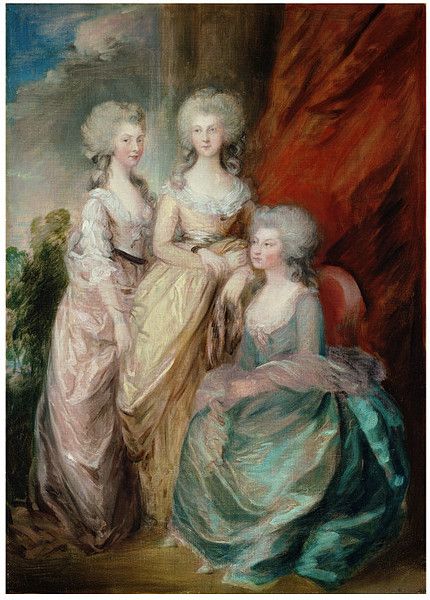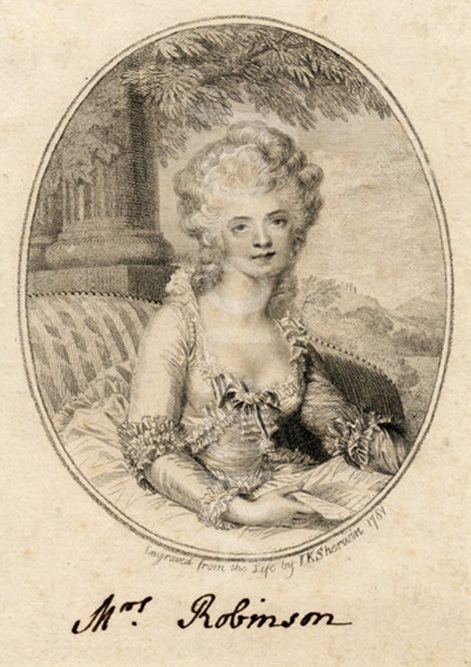
How the Emergence of Capitalism in the Early Modern Period Fuelled the African Slave Trade as Britain Became an Industrial Nation
This paper was written at the end of my first semester at university in 2010. The study of history through an economic lens was new to me. It sparked an interest in US history and I picked up a second module covering Slavery and Race in the USA for my second year. I was awarded a hugely encouraging A* grade. I felt very passionate about … Continue reading How the Emergence of Capitalism in the Early Modern Period Fuelled the African Slave Trade as Britain Became an Industrial Nation











